Cork City has a night-time economy advisor. Where is she?
The city's newish night time economy advisor has a tough gig: how to make Cork's night-time economy more dynamic and inclusive.
Last October, Cork City Council appointed a Night Time Economy Advisor on a two-year fixed contract to oversee the relationship between the Council and the drivers of the city’s night-time economy.
This is part of a wider strategy by the government to have a night-time economy advisor in each local authority. The brief involves three goals which, if successful, will result in a broader range of night-time activities for people of all ages and ensure that they are not just flash-in-the-pan ideas.
In Cork, the new role was awarded to Fiona Collins, the former Chairperson of the Guinness Cork Jazz Festival.
Tripe + Drisheen requested an interview with Collins multiple times, but sadly, no dice. The City Council has at some point in the recent past published a page on its website with details of what a night-time economy is and its strategic intentions. Limerick City Council, on the other hand, announced the appointment of their night-time economy advisor on their website through a press release.
However, away from the City Council, we spoke with a number of artists and performers who outlined ways in which they see the night-time economy could be tweaked and transformed.
“I’m glad that Cork has been one of these pilot towns and cities, and it will give Cork a chance to test the waters and maybe see if it makes sense to open a nightclub until 6 a.m. Does that work? Is there any benefit to that?” said Roy Stam, a DJ with Dose.
The night-time advisor, or night mayor as it is called in some cities, is not new, as Roy pointed out. Berlin has long had one, and Amsterdam formalised their mayor as far back as 2014 after a decade of trialling the position.
Ireland is late to the party in this regard, but we’re catching up. What Roy would like most is for Cork’s night-time economy tsar to create spaces that would give artists and performers a public platform, and a place to experiment, shine, grow or fade away.
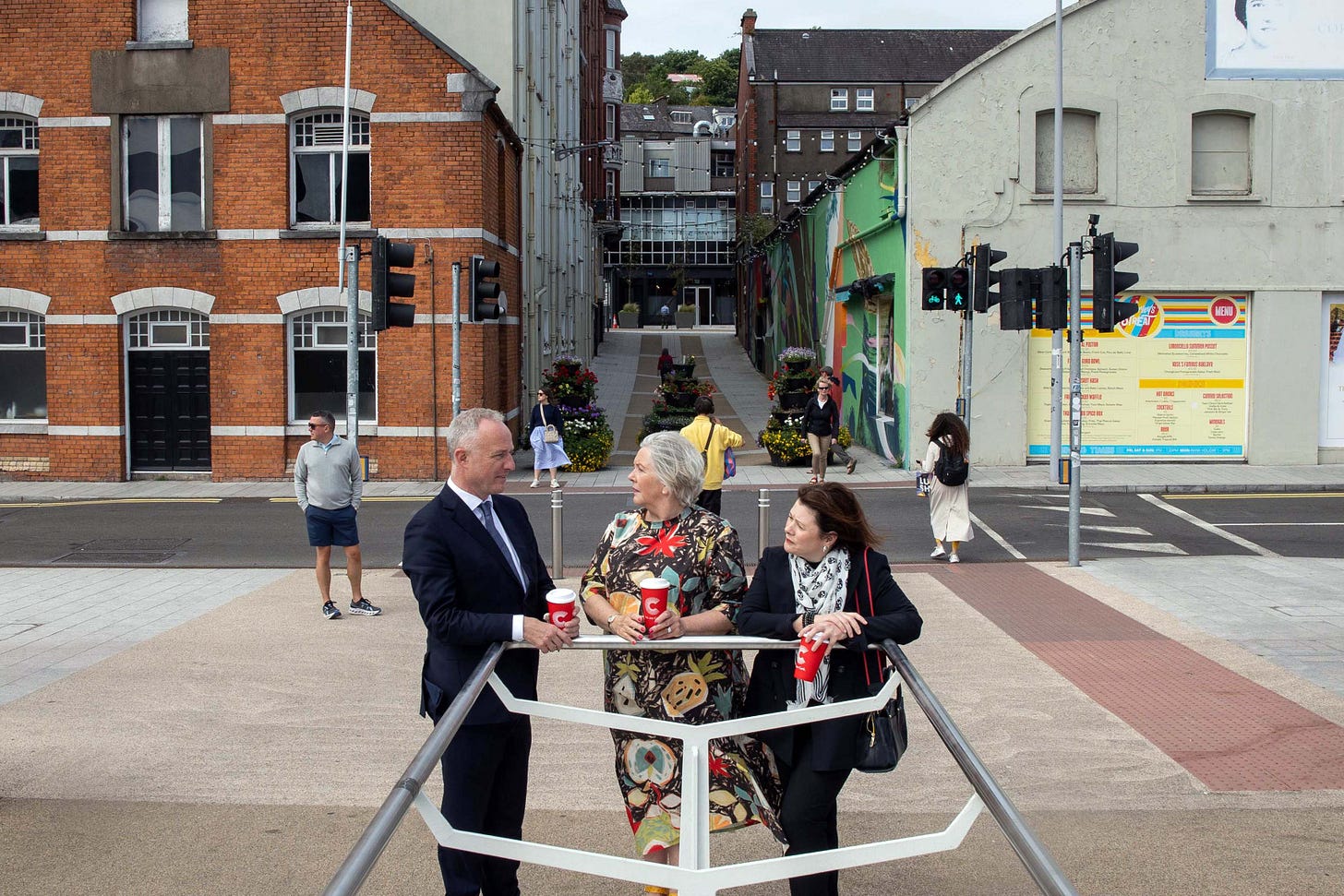
Later openings and alcohol
Towns and cities across Ireland have long had a uniformity to when the night should end, and that’s effectively been last call, soon after which punters pour out onto the streets in search of food, a taxi home, or more revelry.
But does the night have to end at midnight or 2 a.m.?
During Cork Midsummer Festival, over four nights at the Triskel, the night went on a little longer in a set of performances curated by Ellen King and Emer Yip, in association with Sample Studios. However, even then the Midsummer gigs finished at 3 a.m., well before the sun came up.
“I think the whole idea was basically to take advantage of the night-time economy funding that was there,” Ellen told T+D.
Part of what makes Ireland unique and difficult is that traditionally our night-time economy is tied to pubs, clubs, and alcohol. Late-opening cafes in the city are thin on the ground.
The bar and the drinks are seen as the focal point of business, rather than music, says musician Roy of Dose.
“These are whole economies that in Ireland are just not seen as important, or not seen as culturally important,” he thinks.
Unlike most of Europe, most festivals and gigs in Ireland are not sponsored by local government, local media, or local businesses. In Cork’s twin city of Rennes, France, the Trans Musicales, a festival renowned for shedding light on emerging musicians, is sponsored by the Department of Culture, the National Music Centre, and regional and local councils.
In Cork, Guinness is the sponsor of the Jazz Festival, Heineken is the primary sponsor of Sounds From A Safe Harbour, and over the border in Waterford, Guinness, Jameson, and Dingle Gin each sponsor stages at All Together Now. The exception to this rule is the Cork Midsummer Festival, sponsored by the City Council, amongst others. The absence of government funding leads to alcohol sponsors filling the gap.
Edel Curtin is the owner of Coughlan’s on Douglas Street, one of the few remaining public houses that host a range of gigs and performances throughout the week.
“People need to realise that without alcohol sales in this country, there would be no nightlife. And it's what funds all of the gigs that have happened, it funds artists. In an ideal world, you could have a cafe, with somebody playing music in it at two o'clock in the morning, but what's going to pay for that?” she says.
In Edel’s experience, when it comes to funding gigs and putting festivals together, such as Coughlan’s Live Festival, the Cork Roots Festival, Sounds From A Safe Harbour, and the Jazz Festival, alcohol brands are always quicker to lend a hand than local authorities
“There has to be something to pay for events happening, if there was a situation where funding was available and businesses that aren't alcohol driven were able to put on events because they had funding, that would change their culture but there aren’t, and the (Arts) Department want to compare Dublin to Berlin, it's a completely different culture over there.”
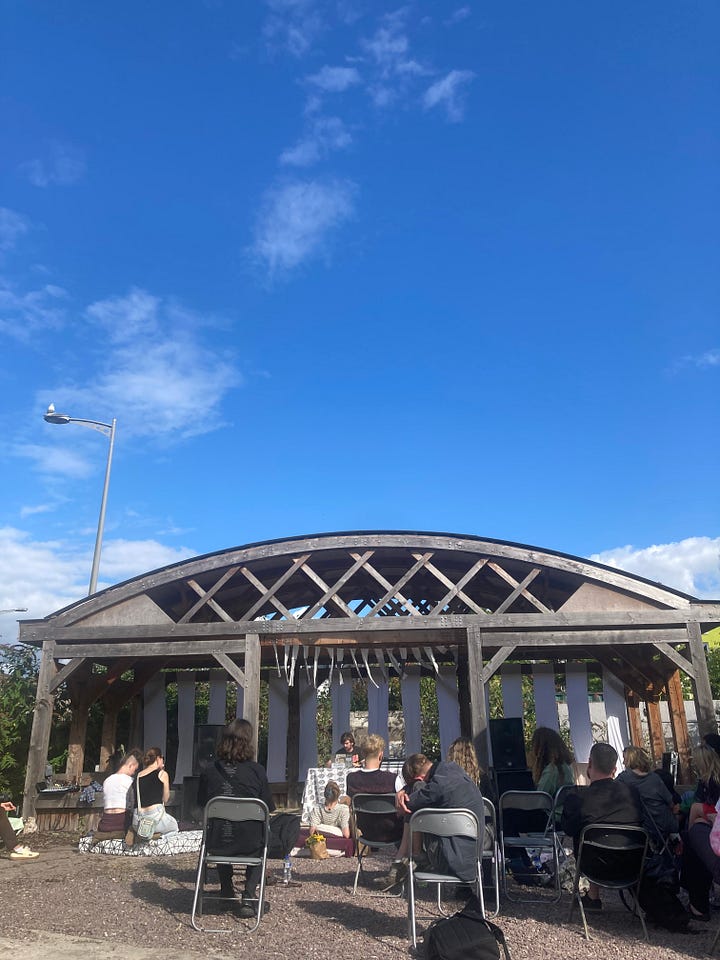
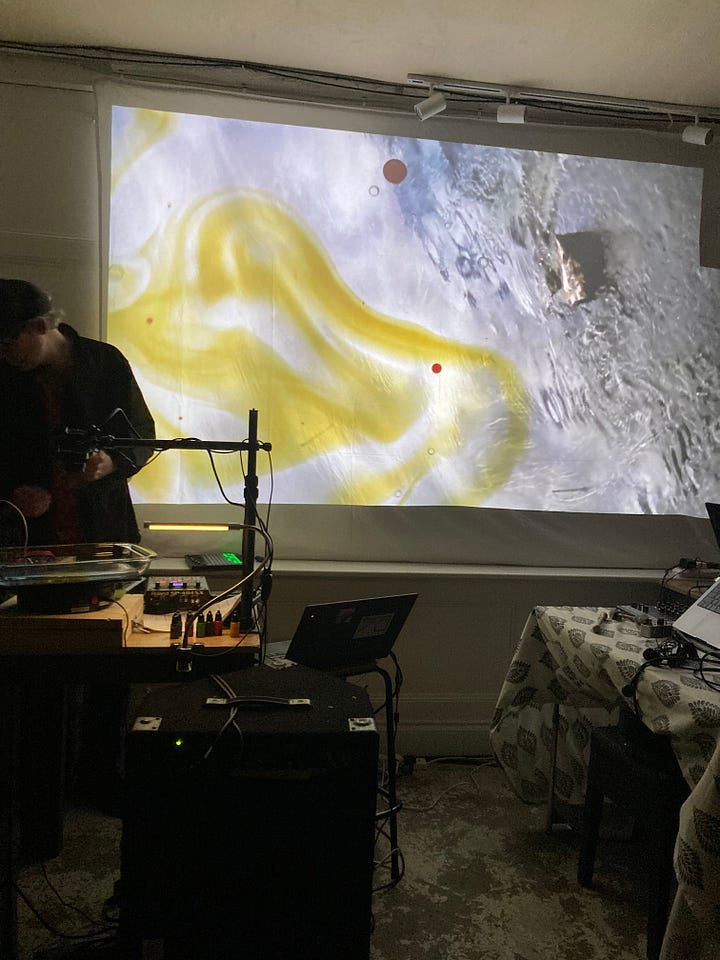
Some dose
Most of Roy’s fellow Dose members are based elsewhere—Ollie McMorrow lives in Glasgow, Neven O’Keeffe and Chris Power live in Lisbon, while Roy Stam and Michelle Delea are both based in Cork.
The idea for Dose came from travelling to festivals around Europe, but it was a festival in Ireland that led them to believe that there was a possibility for that culture to be emulated here.
“We went to Open Ear Festival, all of us, in 2020, and it reminded me and the others of some of the electronic music festivals around Europe that we’ve been to. Dose came about because we saw that that can be done in Ireland as well.”
The first two parties Dose organised took place in 2022, immediately followed by a hiatus because of “the venue problem,” Roy says, referring to the lack of performance spaces in Cork.
While much of the focus on the venue problem has been dominated by the Event Centre saga, as Ellen says, it is a venue that, if it ever comes to pass, will be a large-capacity venue for visiting acts that can pull big crowds. What she thinks the city needs is more small to medium-sized venues.
Small is OK too
“I think definitely, small to medium venues are lacking. I mean, I know the running joke is this Event Centre all the time, but that’s a large-capacity venue,” Ellen says.
The subject of much media scrutiny over the past ten years, it receives a non-update every couple of months. According to the latest reports, an announcement on funding was expected before the Dáil’s summer break, but the radio silence continues. Although the city does need more medium-sized venues, most would argue that this events centre is also necessary.
There were many venues of this size in the past; The Kino, The Pav, and Sir Henry’s are famous examples.
“I think it’s bigger than a problem,” Roy says. “It was thriving in the past. Even when I was around 18, The Pav was going strong. It was kind of going down around the time I was old enough to go to stuff, so I never really got to experience it.”
A decline in the city’s nightlife is evident to Roy since he became older. “It’s just been kind of up and down since. I was bored in Cork for years as an adult,” he says. The Pavilion of Roy’s youth, which closed in 2014, has since been replaced by Dali. The venue upstairs at the Pan hosts a range of gigs, club nights and concerts. Owner, publican Benny McCabe, told T+D that the venue has acts booked right through to March 2025 and he’s always willing and interested to talk to promoters, especially younger ones starting out in the city.
“On a weekend basis, when people are looking for things to do, I think small to medium is the way to go. And I love the TDC (Theatre Development Centre) as a small venue; it’s only 100-capacity and it’s like a perfect black box space for so many things. I think that’s a great example of a space that could be used more,” Ellen says. “Or The Half Moon Theatre—I think that’s gone now—but that was another really good small to medium-sized space. These kinds of places, even The Pav, with the upstairs area, are great sizes for events. I think there needs to be more of those kinds of spaces.”
Cork has a number of venues of that size: An Spailpín Fánach, The Roundy, The Green Room, and Coughlan’s. Despite this, it can feel like the choice of events and venues in Cork is not enough to sustain a booming scene.
“On a weekend basis, when people are looking for things to do, I think small to medium is the way to go,” Ellen says, referring to spaces like the upstairs area in The Pav, the Triskel’s black box space, or The Half Moon Theatre.
As the recent Summer Solstice Céilí, as part of the Midsummer Festival in Elizabeth Fort showed, Cork is missing a trick in not putting on more gigs and performances in the historic fort located just off Barrack Street and overlooking the city (and the space where the Event Centre is posited).
“It (Cork) needs more DIY spaces that aren't as tied to selling drinks or getting as many people in the door, or tied to the metrics, because those spaces would allow the weirdest stuff to flourish,” Roy says.
Could Council initiatives such as Céilí Cois Locha, which takes place weekly over the summer months at The Lough and predates the Night-Time Economy advisor, be expanded?
Since its inception, Dose has hosted a variety of parties and events in different formats, at Plugd, Test Site, O’Sho, Mr. Bradley’s, and the Vicarstown Bar. However, Roy still thinks Cork lacks certain types of spaces that Limerick and Dublin have.
He cites Daylight in Dublin as an example of a space that uses a membership fee.
“It’s basically like a co-op where, every year, whoever pays a fiver a month becomes a co-owner, so they all kind of have a say to a certain extent in what happens with it,” Roy says.
However, these spaces are difficult to get going and would need a figurehead to get the ball rolling. They would also need funding and a valuable partnership with the council. This is where the mysterious night-time economy advisor comes back into the picture.
The Mystery of the Night Mayor
To many working in nightlife in the city, very little is known about the role of the Night-Time Economy Advisor. Despite curating a night that was part of a pilot scheme for late openings—oversighted by the Night-Time Economy Advisor—Ellen did not know anything about the role or who was in that position.
“I didn’t know there was a Night Mayor in Cork now; I knew they were talking about it,” Ellen says. There isn’t a Night Mayor; the role is a Night-Time Economy Advisor, but the confusion around the role is telling.
Ellen thinks the role has not led to as much discussion among her peers as she would have expected. She believes that a Night Mayor should be clear about their role and what funding would be available to those working in the city’s night-time economy.
“I’ve not heard anyone talk about it or seen anyone mention it, even among friends who are very active in Cork. I’ve not heard anyone talk about it, so that does seem like something that could have been a bit more public and transparent. People need to be having conversations about this and asking, ‘What’s the Night Mayor going to do? Is there going to be funding available for certain things or support? People need to know that.’”
From living in Berlin, Ellen is familiar with how an organised nightlife scene looks, citing the Club Commission. “It’s a group of people from different backgrounds and disciplines, and they’re heavily involved in sustainable club culture in the night-time economy, in protecting workers in the night-time economy like bar staff and venues and all that kind of thing,” she says.
“They’re very active and they also allocate grants every so often, providing different funding opportunities, helping venues and various promoters. They’re quite active on social media as well. They’re quite good, and I think they have a lot of very open conversations that people can engage with, and it’s all very transparent.”
However, she is not sure how this can operate in Cork or if Cork will have the same level of transparency as Berlin. “It’s hard to see what someone like a Night Mayor can do in Cork unless there are venues that are really up for working collaboratively on things,” she says.
“If they're worried about something, the night mayor in the City Council could reassure them and say like we're going to do x y z to help get this off the ground. It feels like there needs to be a lot of support.”
Support is the word that is used the most amongst the interviewees, and while the role is viewed as a positive move, there is very little to be seen from it.
Initially, Edel was positive about the role of a Night Time Economy Advisor at City Hall.
“I thought it was a really positive thing for the city that somebody would be engaging with people that work in the nighttime economy, to try and improve what's there as an offering for people, and I was hoping that there will be funding put in place as well to try and help that person actually make changes within the nighttime economy,” she said.
Through her promotions company, Coughlan’s Live, she organised ‘After Dark,’ three late nights of music and comedy at the Everyman. Funded by the Everyman, the gigs ran until midnight, with the bar remaining open until 2 a.m. However, this was done without input from the Night-Time Economy Advisor.
“I have met Fiona; she’s been in the industry for a long time, working with different projects, particularly the Jazz Festival, and she is known to many venue operators and people in the industry. She seems very aware of the issues within the night-time economy, but it does seem that she hasn’t been given any real tools to make positive changes.”
People we spoke with who have dealt with the new night-time advisor said she is well-respected within the industry, but making headway in any bureaucracy is no easy task, and one which Edel has sympathy for.
“I know there was a task force being set up to meet with different stakeholders; I’m not sure that actually happened. It’s a very difficult role if you don’t have any tools to do anything, and the Department of Culture has been promising for ages that there would be funding to help venues and businesses make changes and experiment to improve the night-time economy, but none of that seems to have happened either.”
Earlier in the summer, the City Council organised a day-long city centre strategy “think-in” with participation from the Night-Time Economy Advisor.
Any move towards progress is extremely slow, and the Night-Time Economy Advisor is in the position on a relatively short timeline. Appointed in October 2023 on a two-year basis, she is now roughly a third of the way through her tenure, and there are many more issues in the city that Edel believes need to be addressed.
“For the night-time economy, I think the Garda shortage needs to be addressed, antisocial behaviour needs to be tackled, and transport issues need to be resolved. I think the Night-Time Economy Advisor is very aware of all of this, but without proper tools, she can’t change the whole night-time economy,” says Edel.
The recognition is there that we need a much broader range of offerings in our night-time landscape. Getting there is another matter altogether.
A Rising Son
Benny McCabe should be miserable, joyless, hate tweeting, angrier than thou in his indignation, and non-stop giving out about the state of everything because for the best part of a year his army of pubs have been theaters of silence.




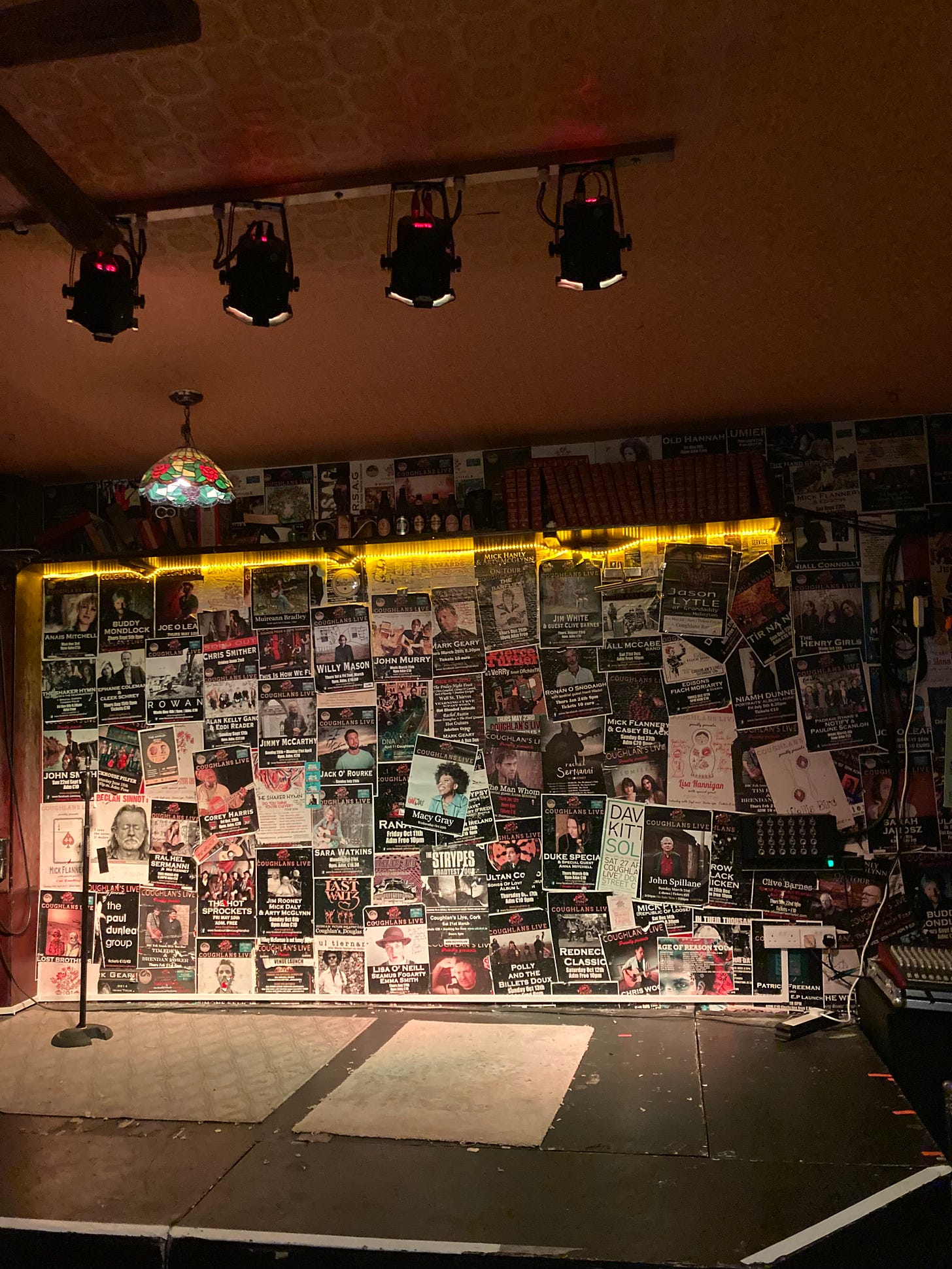
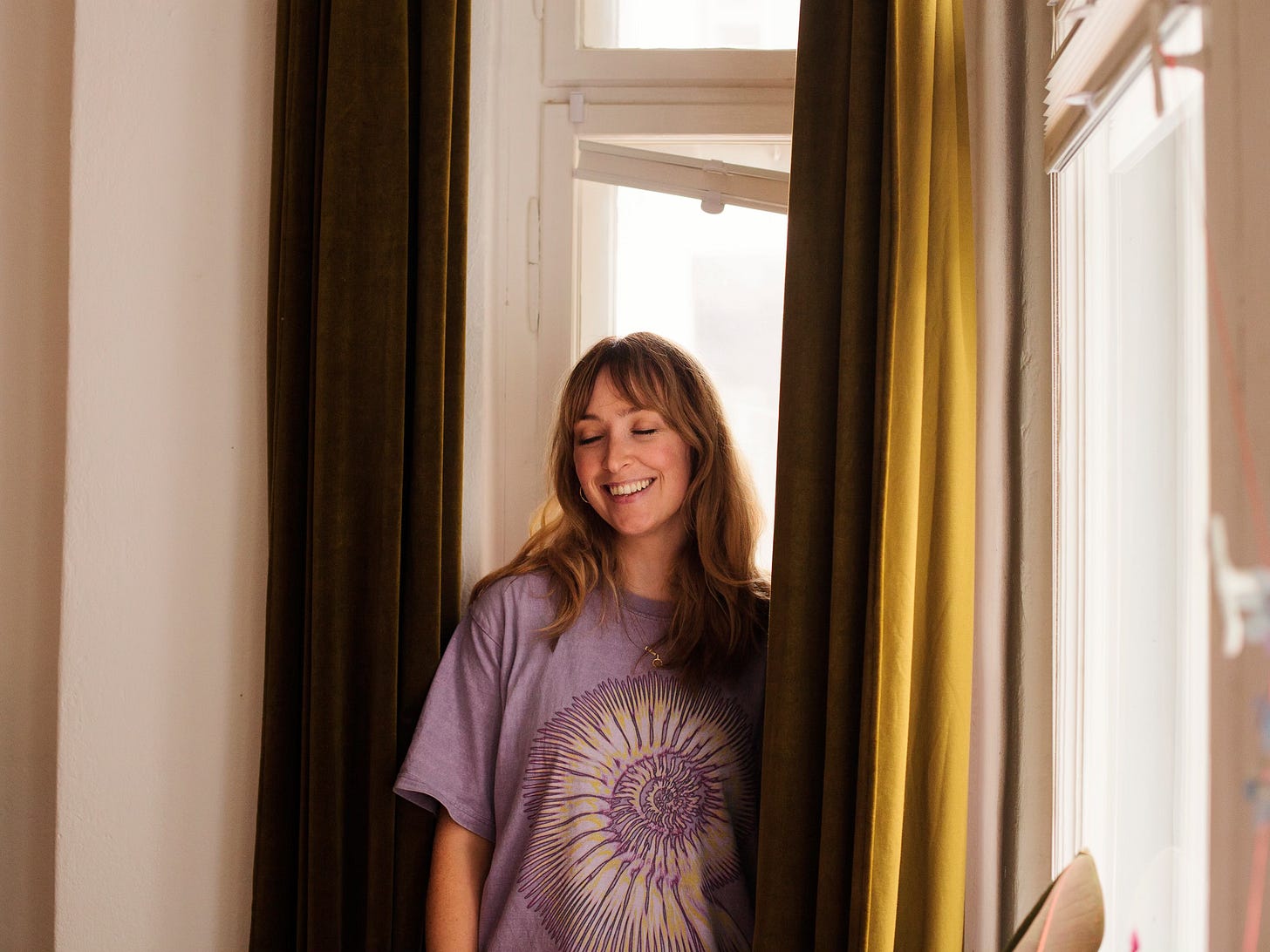
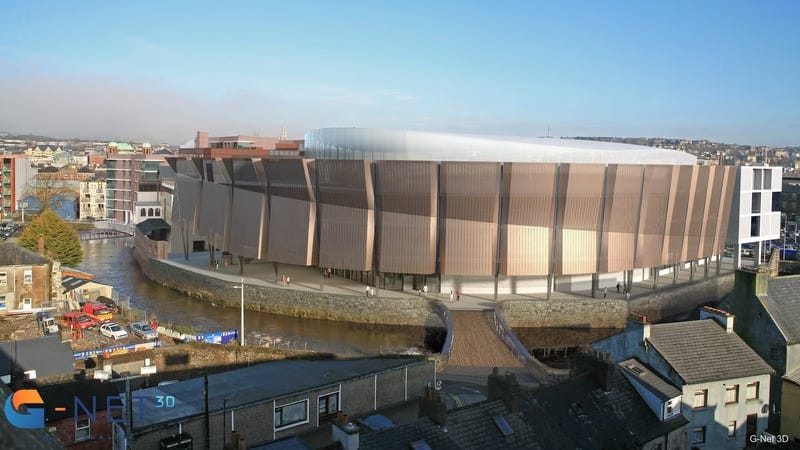
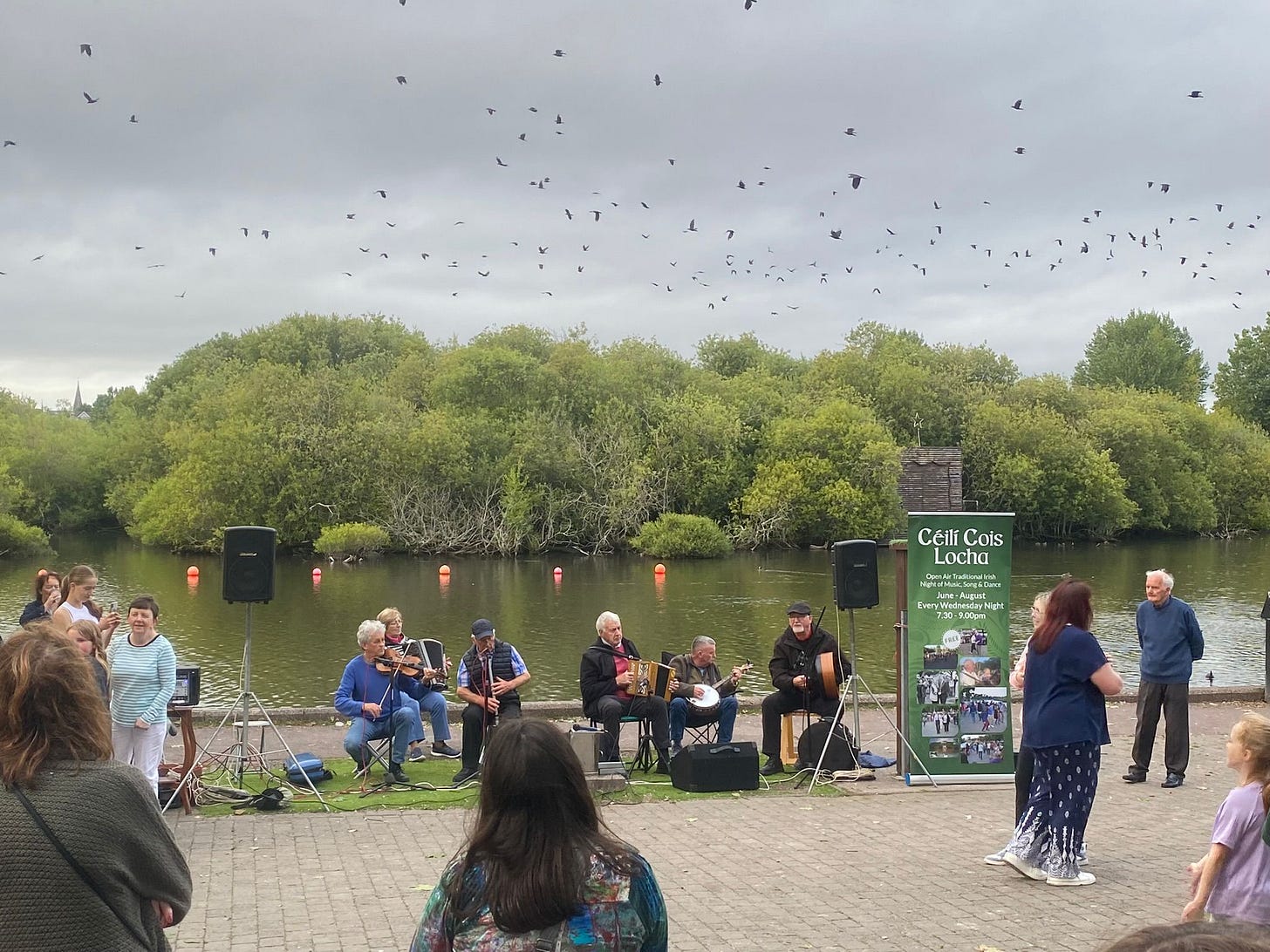
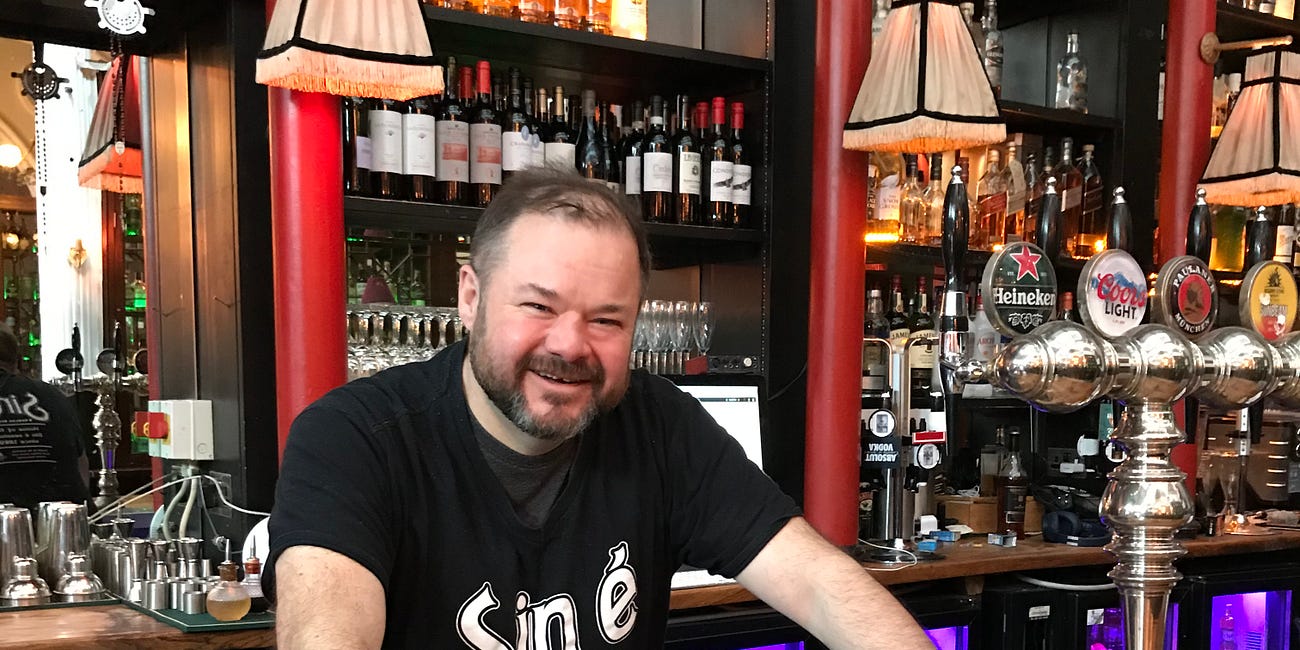
Thanks Cathy! Corrected now
This article is great, but it’s needs editing, there’s a lot of repetition of paragraphs.